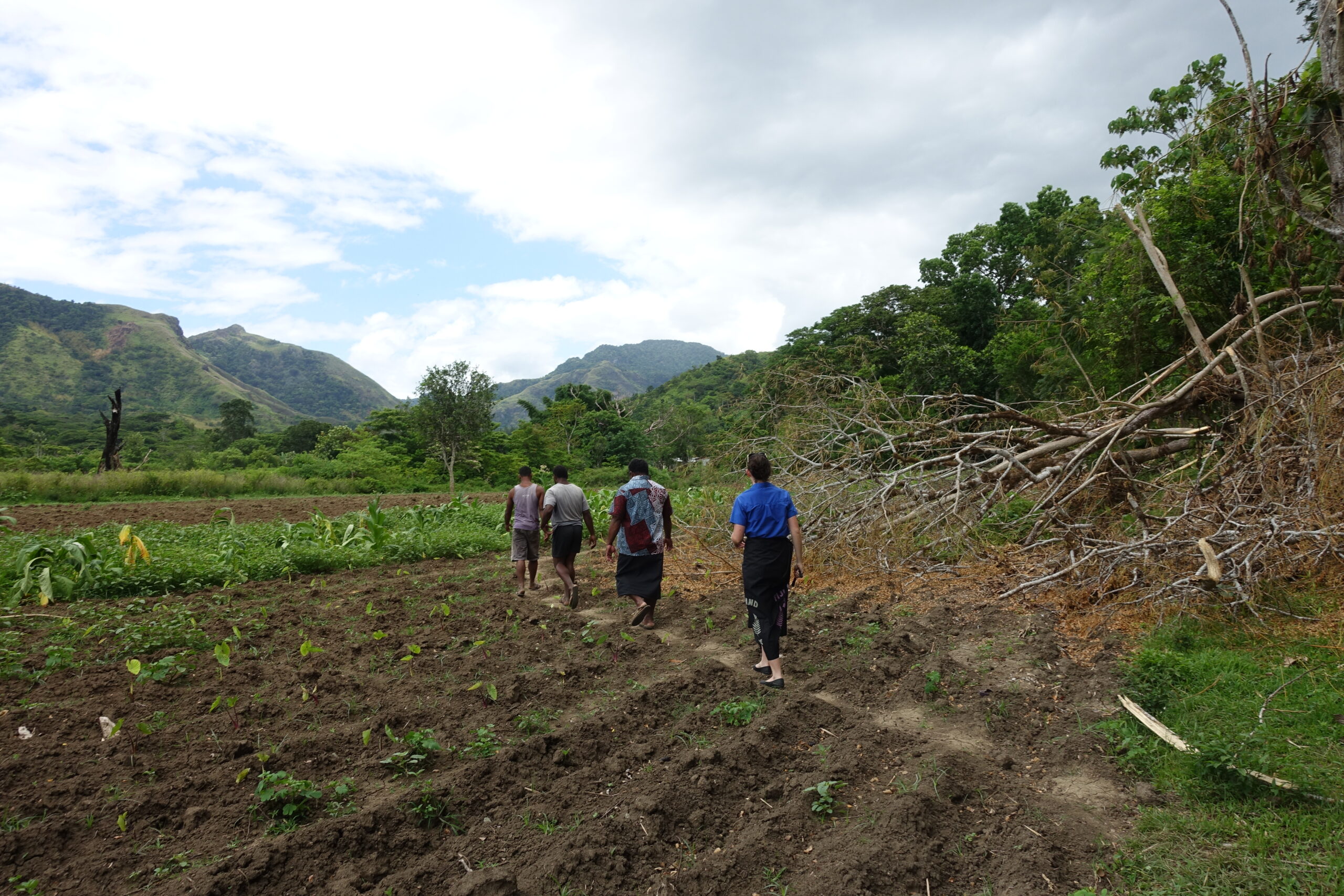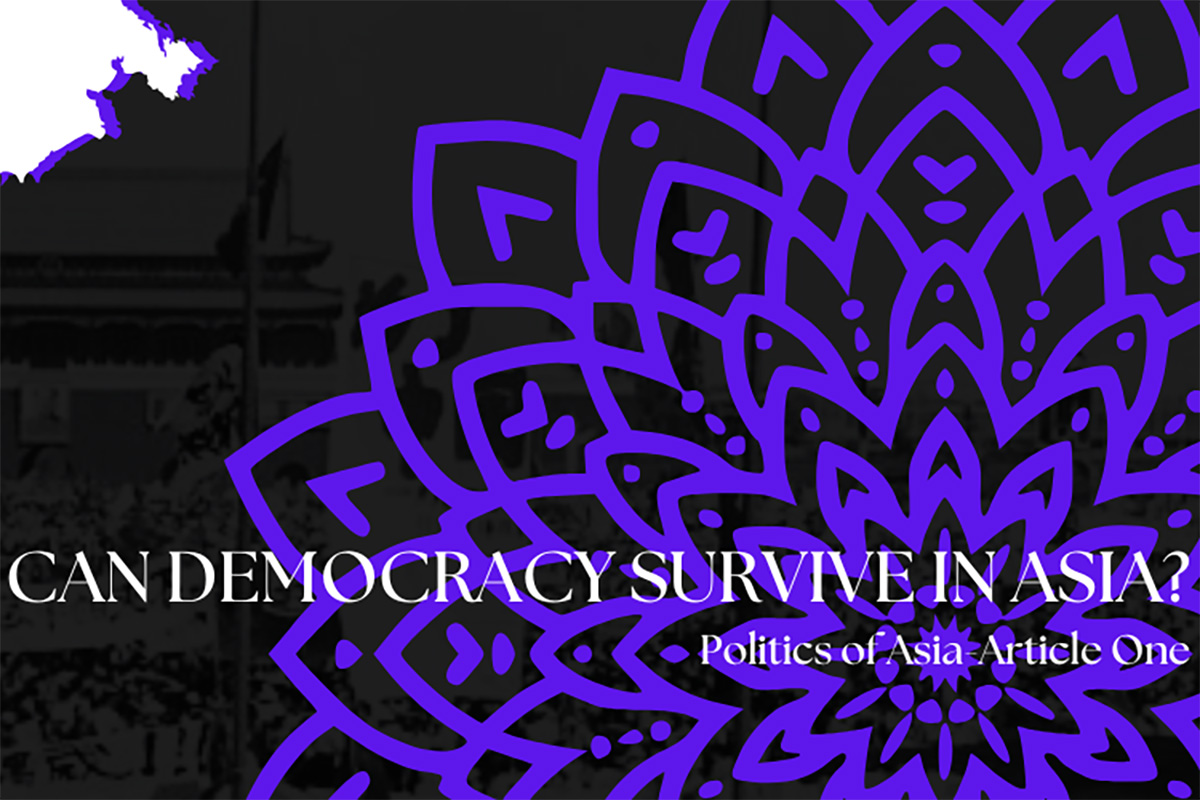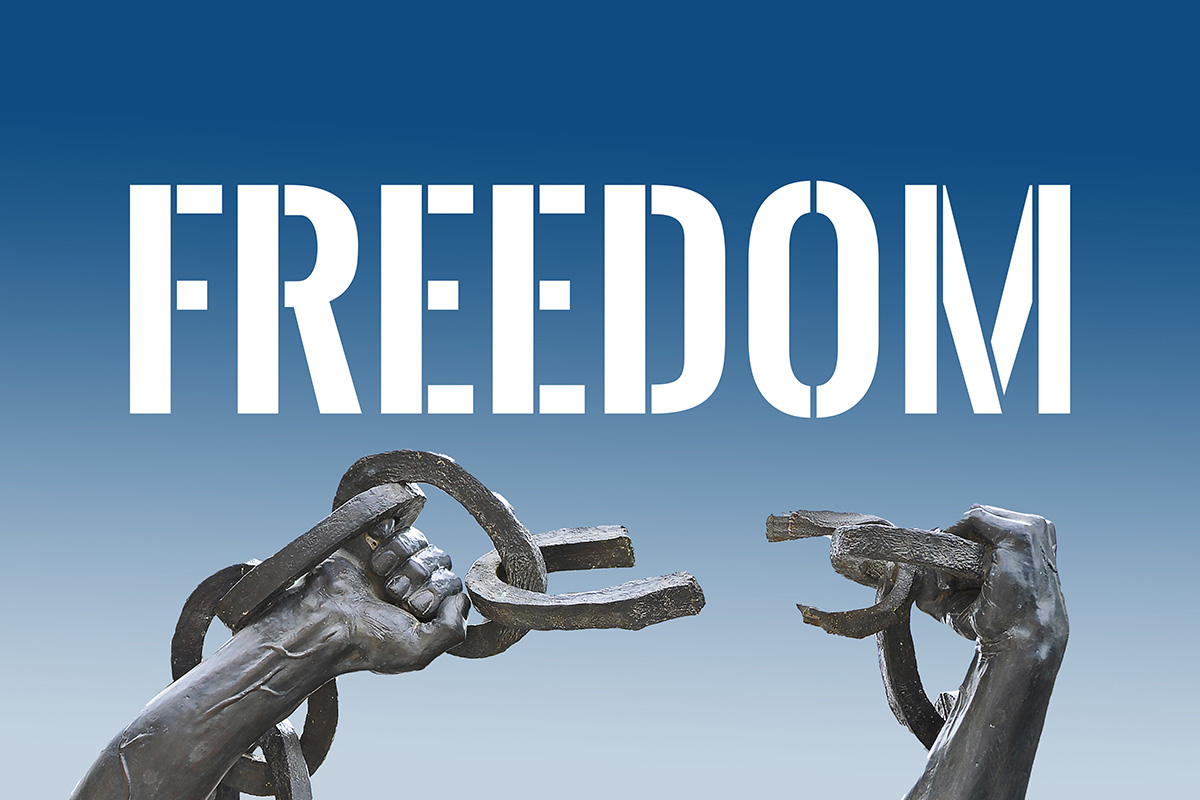Getting to zero hunger in Fiji
May 21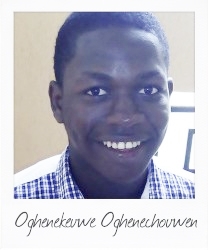
A future where there is not enough food to go around is looming globally. But in Fiji, over 7,000 farmers are getting access to information on how to increase their revenue and diversify their crops, thanks to an app by Aggie Global. Oghenekevwe Oghenechovwen, a 20-year-old Commonwealth Correspondent from Warri in Nigeria, spoke to Aggie Global’s founders and 2019 Commonwealth Youth Awards finalists Zoe and Lisa Paisley to find out what inspired their food dreams.
Q: How did Aggie Global start?
We started work in developing countries to explore the agricultural development ecosystem back in 2016. During these trips, we saw the challenges smallholder farmers were facing on a day-to-day basis and knew we could do something about it.
So, we took the leap and moved to Fiji. We conducted workshops and consultancies with individual farmers and village groups. However, a two-woman team can only do so much. So, the Aggie Global tech solution was born from the need to scale our support.
The app aims to digitise our current services. Instead of us physically delivering produce from farm to buyers, farmers will be able to communicate to buyers directly and payments can be made instantaneously.
Instead of us calling farmers to organise a time to visit their farm and assess pest damage, the farmer can simply send us an image of their crop and we can diagnose the pest and provide our advice. In the future, this will all be automated with AI algorithms that account for a farmer’s personal context, to output tailored recommendations.
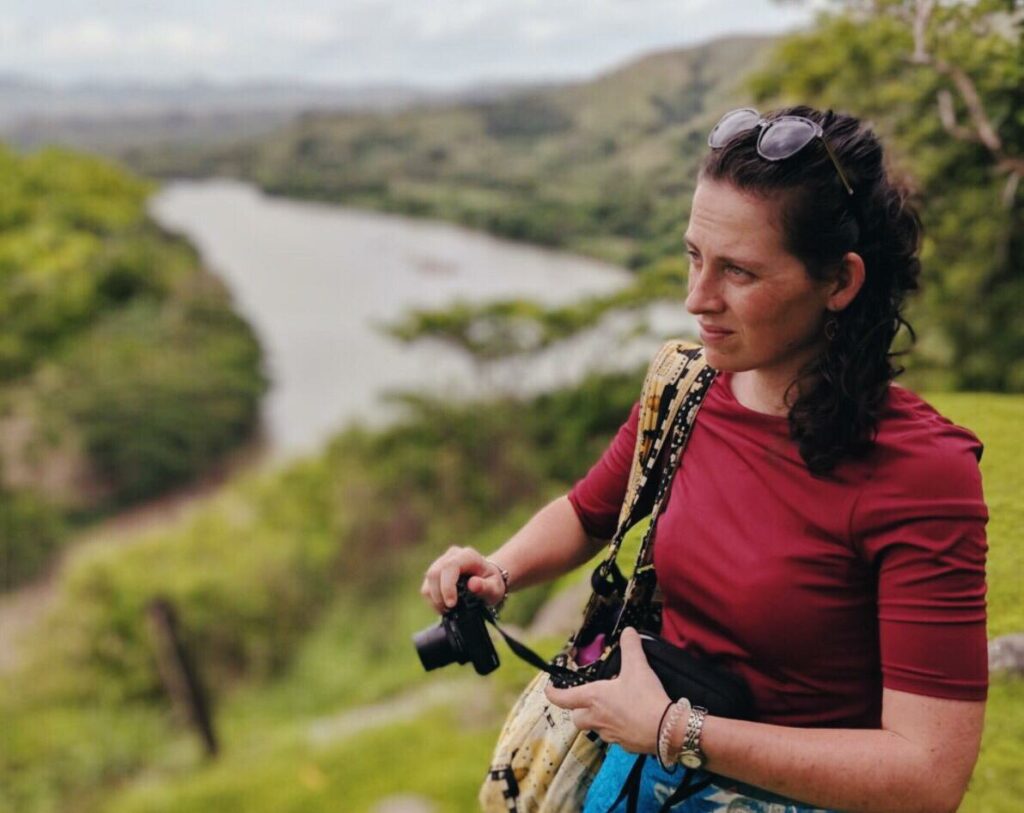
Q: How do you bring together smallholder farmers, middlemen, and buyers so that there are sustainable benefits for everyone?
Currently, there is a lot of mistrust within the supply chain. Everyone is suspicious of where their money goes, and who gets the greatest cut, creating a delicate supply chain, to say the least. Building trust between experts, markets and farmers is crucial to overcoming these challenges.
With education, Aggie Global can increase farm productivity using sustainable practices, whilst ensuring the produce grown meets market standards. Coupling this with a communication and ecommerce platform, a more transparent trading system can come to life.
In building this trust and creating this community, farmers can sell more produce to increase their income, while buyers can support their local community and access cheaper food compared to expensive imported food.
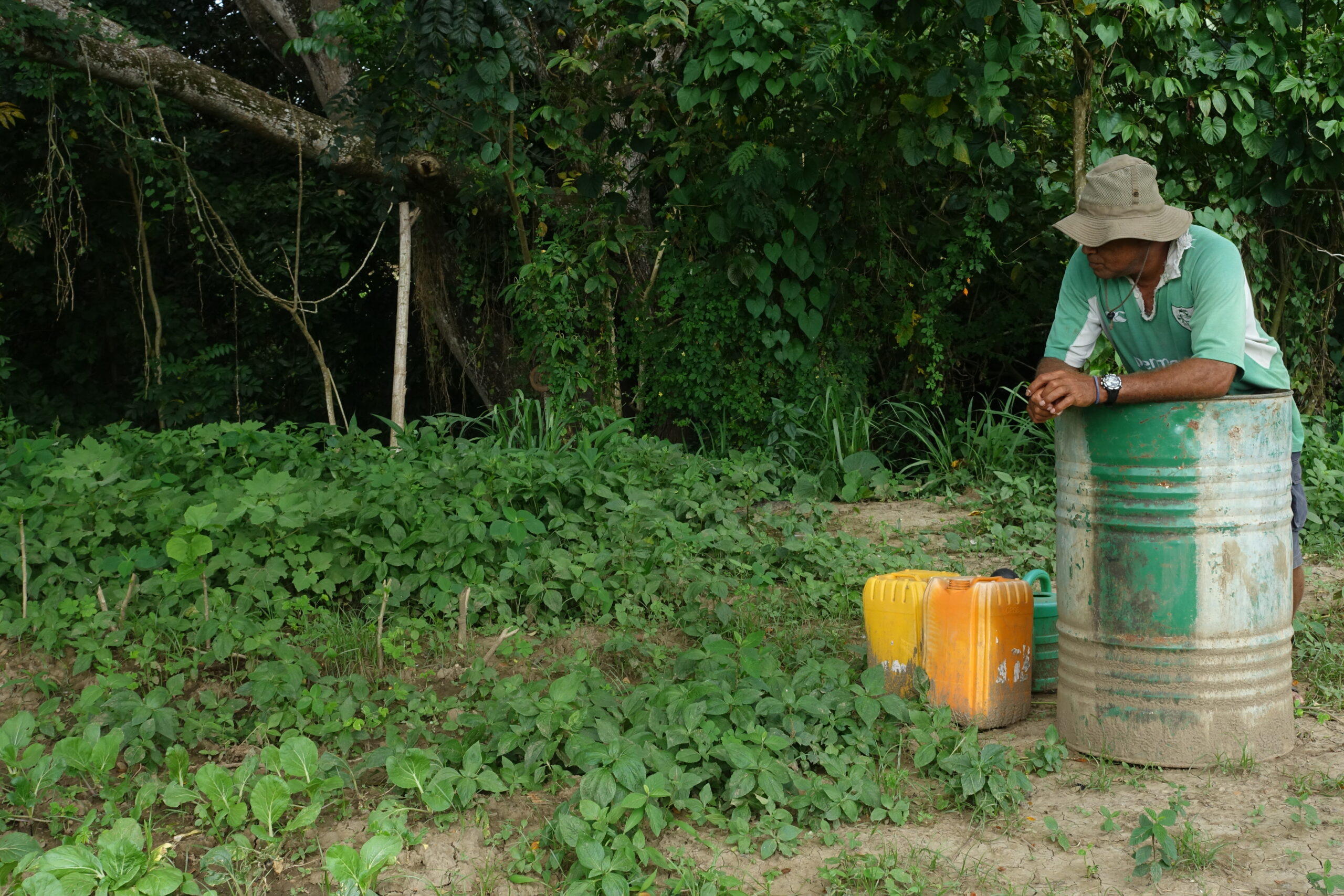
Q: How much do Aggie Global’s products and services cost, and how do they compare to a farmer’s overall investment?
We work on a business model that supports farmers having free access to our marketplace platform and for buyers to bear the transaction fee costs.
When working directly with producers, we’re aiming to make the services as accessible as possible by subsidising our workshops and consultancy where possible. Attendance to our workshops can cost as little as $15.
Some of our farmers have seen a 500 percent increase in their income, showing some serious return on their initial investment with us.
Q: One of the principles Aggie Global runs on is autonomy, farmers taking charge and adopting solutions to ensure income opportunities for their livelihoods. How do you think these principles will enable farmers to define their future and businesses?
Do you give a man a fish or do you teach him how to fish? Taking the route of educating others will always empower individuals to take control of their own situations and give them the tools to ensure long-term solutions for themselves, their families, local communities and the larger global community.
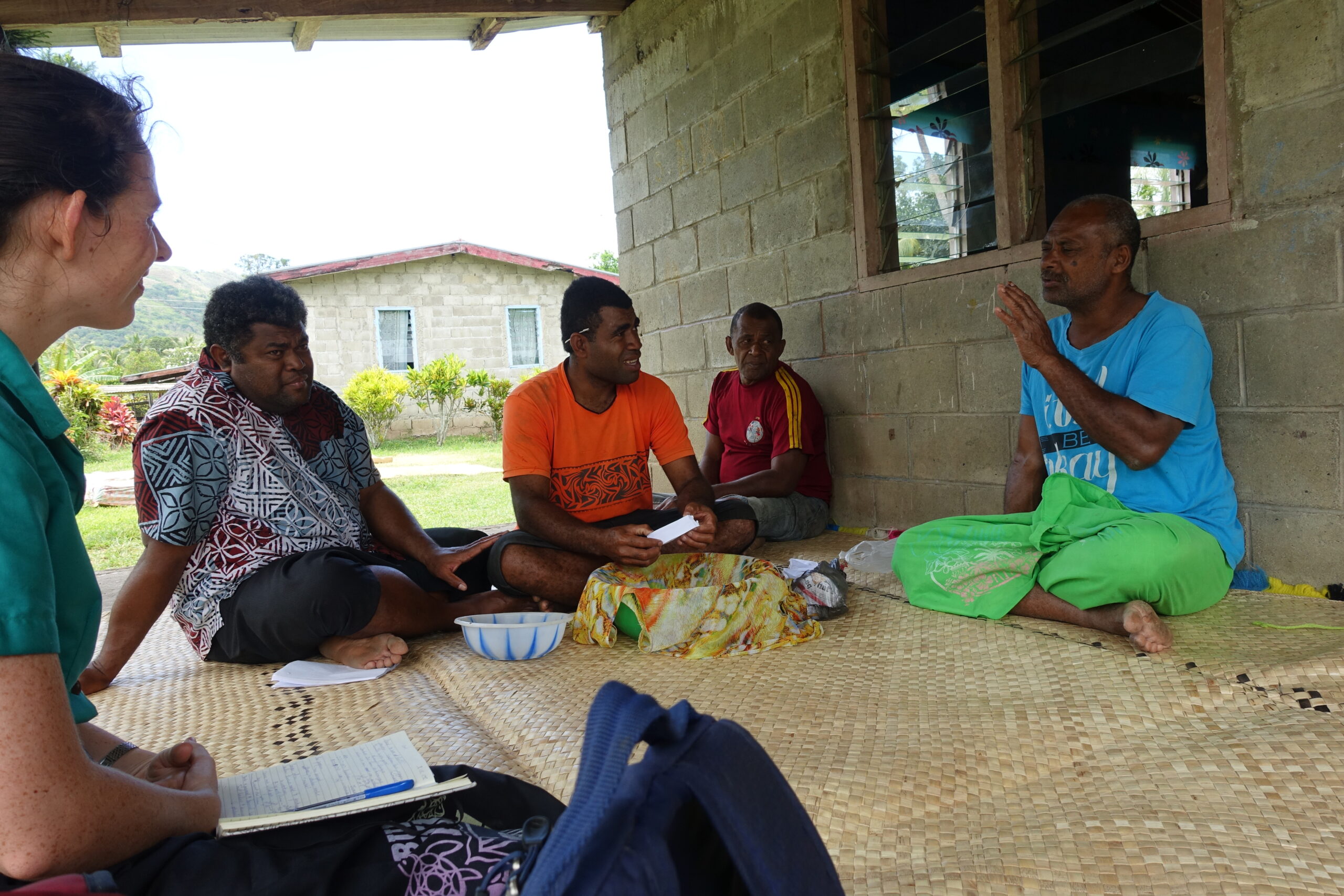
Q: The agricultural workforce in Fiji and other parts of the world is ageing. How can we get more young people into farming, and how could Aggie Global help in making agriculture appealing them?
The solution could be as simple as profitability. With 65 percent of the world’s farmers living below the poverty line, there is work to do when it comes to attracting the youth into the industry.
But our world is changing and we’re facing new and unknown challenges, such as climate change, that the younger generations are eager to solve.
We’re also seeing a clear trend in more developed regions, where people are wanting to be more connected to the process of where the products and services they are consuming have come from. It’s generating more and more interest in the global agricultural landscape.
As two young women in the industry, we’re fighting hard to break down some of the stigma surrounding the industry, which includes showing youth that there is more to farming than just planting some seeds and watching them grow. Integrating technology into the industry will help this massively.
Q. How would you define success for Aggie Global?
Success would be for all 2.5 billion people who are working in agriculture around the world, to have access to adequate support services that address food security and poverty.
The Commonwealth Youth Awards for Excellence in Development Work highlights the contributions of young people who are making a difference in their communities and celebrates their contributions to the Sustainable Development Goals (SDGs).
………………………………………………………………………………………………………………
About me: A B.Tech. student of Meteorology and Climate science (FUTA), I am an idealist, observer, a leader, creative writer and ready volunteer.
I am interested in volunteering, youth and education, leadership, women empowerment, climate change, politics, media and information technology.
My ambition is to make a change and cause global reformation with my pen, resources and time.
……………………………………………………………………………………………………………
Opinions expressed in this article are those of the author and do not necessarily represent the views of the Commonwealth Youth Programme. Articles are published in a spirit of dialogue, respect and understanding. If you disagree, why not submit a response?
To learn more about becoming a Commonwealth Correspondent please visit: http://www.yourcommonwealth.org/submit-articles/
………………………………………………………………………………………………………………
